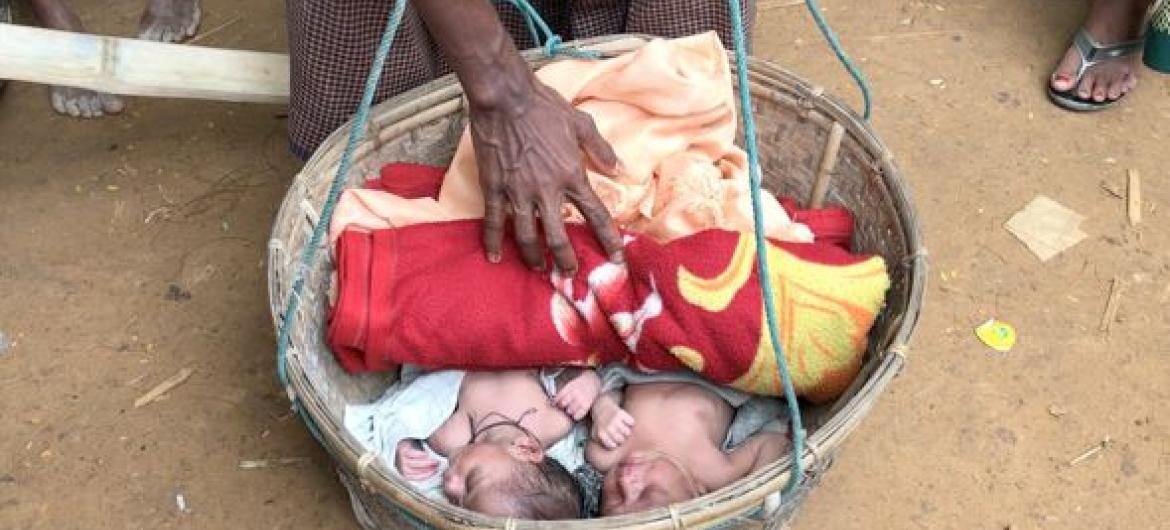South-eastern DR Congo at risk of humanitarian disaster of ‘extraordinary proportions,’ warns UN refugee agency
Cautioning that the Tanganyika region in south-eastern Democratic Republic of the Congo could be engulfed by a humanitarian disaster of “extraordinary proportions,” the United Nations refugee agency on Tuesday urged the Government to ensure protection of civilians.
“The violence spreading across Tanganyika, which is three times the size of Switzerland with a population of some three million, has now internally displaced over 630,000 people,” Andrej Mahecic, a spokesperson for the Office of the UN High Commissioner for Refugees (UNHCR), said at the regular news briefing in Geneva, adding that this number is almost double the 370,000 who were displaced within Tanganyika in December 2016.
“People fleeing for their lives near the provincial capital Kalemie have shared stories of horrific violence during attacks against their villages, including killings, abductions and rape.”
According to UNHCR, fierce clashes between the Congolese armed forces and militias have continued since the end of January. At the same time, insecurity has increased due to violence by new armed groups and entrenched intercommunal conflict, fuelling mass displacement.
In the first two weeks of February alone, the UN agency’s partners have documented some 800 protection incidents.
Last year, more than 12,000 reports of human rights violations in Tanganyika and the nearby area of Pweto in the Haut Katanga province were documented, including violations to property rights, physical abuse, torture, murders, arbitrary arrests, forced labour, rape and forced marriages.
“Overall, already vulnerable displaced populations most often fell victim to the latest atrocities,” added the UNHCR spokesperson, noting that such acts were not only committed in the context of the ethnic conflict, but also by the soldiers deployed to fight the renegade militias and armed groups.
Less than $1 per person in need received in 2017 – UNHCR
The UN agency together with its partners are responding to the crisis. But given the scale of the calamity, is appealing for increased assistance to help the population cope.
Last year, the agency received less than $1 per person in need in donor contributions for its programmes for the internally displaced in the country. This severe lack of funding left many Tanganyika receiving hardly any humanitarian aid.
“For 2018, [we are] appealing for $368.7 million for the Congolese situation,” said Mr. Mahecic, noting that $80 million is required to support the internally displaced populations inside the country.
“[We also] call on the Congolese authorities to ensure the protection of the civilian population, to effectively follow-up any reports of crimes attributed to the armed forces and to put an end to the perception of impunity related to human rights abuses,” he added.

.jpg/image770x420cropped.jpg)
